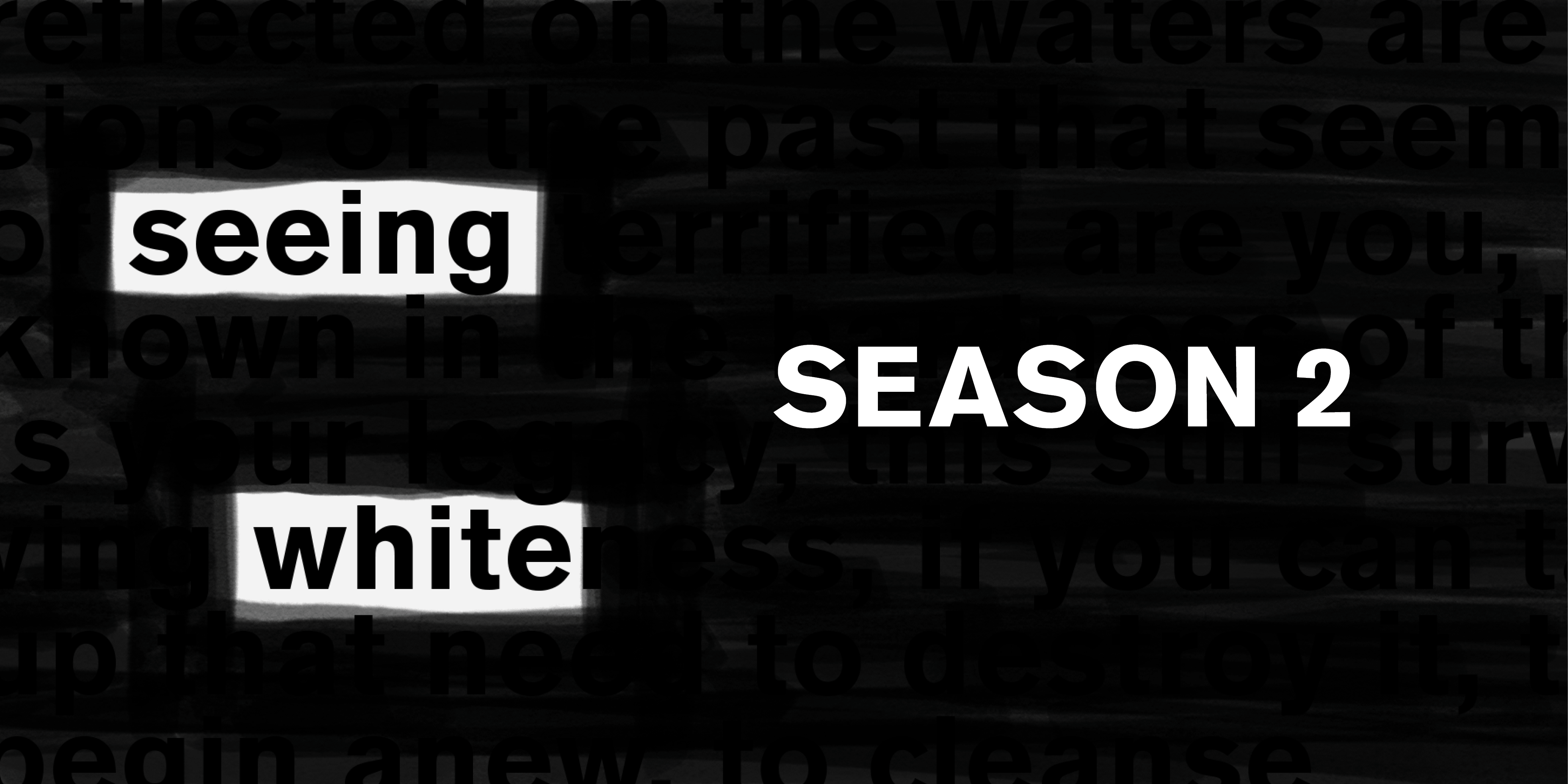Seeing White
June 2, 2020

Talking about race is a tricky proposition. It’s complex, emotionally charged, fraught with sensitivity, and inescapably tied to individuals’ personal life experiences. Which is why I suspect many of us, including myself and Post Carbon Institute as an organization, don’t discuss it enough. And yet that’s in many ways the ultimate expression of our privilege—that so many of us have the luxury not to wrestle with the systemic, institutionalized racism that is core to the American experience.
We should know better, and do better. For those of us who are white in America, that includes grappling with our own identity—particularly the fact that white privilege is as much a part of the scaffolding of our society as fossil fuels, environmental destruction, and unsustainable consumption and growth. A couple of years ago the team at PCI listened to and discussed at length “Seeing White,” a 14-part series produced by Scene on Radio. It was one of the most important and impactful internal investments we’ve made. Host and producer John Biewen:
“…set out to take a different kind of look at race and ethnicity, by looking directly at the elephant in the room: white people, and whiteness. White supremacy was encoded in the DNA of the United States, and white people dominate American life and its institutions to this day, and yet whiteness too often remains invisible, unmarked, and unnamed.”
Over the next two weeks, we will be sharing this series with you. I strongly encourage you to take the time to give it a listen or read. Resilience.org receives hundreds of thousands of unique visitors every month. I can’t pretend to know who all of you are or what makes you tick. But I suspect that if you are here, you are someone who thinks critically and is willing to face uncomfortable truths.
Image from Scene On Radio
